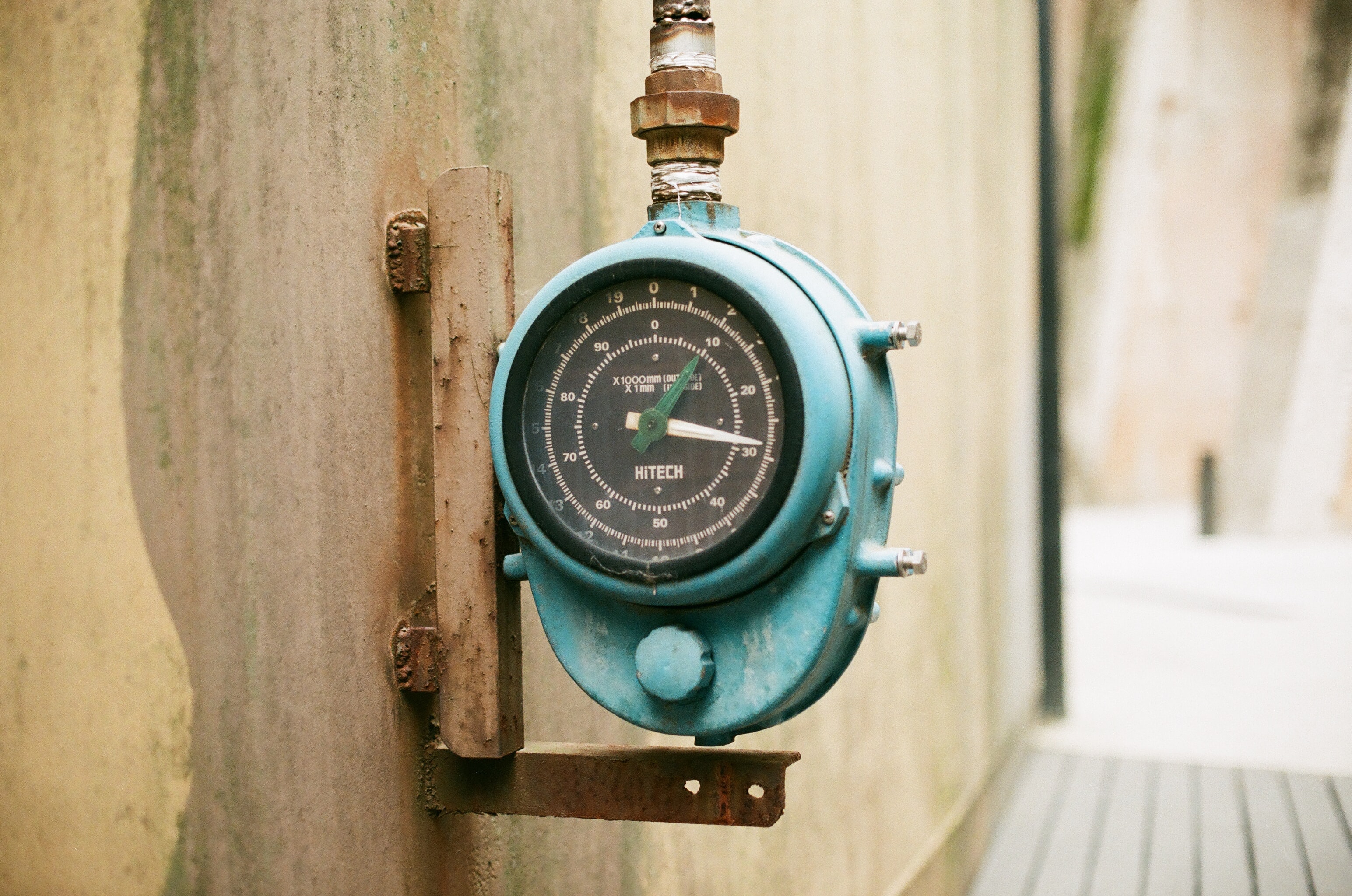Communicating Under Pressure

Originally posted on Linkedin.
Communicating effectively with your team can be overwhelming when you're already stretched to your limit at work. 😫
- Dozens of notifications across your devices demanding your attention.
- Falling down rabbit holes of information while trying to complete other tasks.
- People asking for followups while you're drafting a response to them.😡
- Wasted time sorting through your email and chats to find what you actually need to respond to.
How can you manage the constant stream of communication?
Here are some ways I fought communication chaos while I was planning my sabbatical 💪
1️⃣ Don't check email or chat first thing in the morning. Instead, set established times during the day to check your inbox and Slack/Teams/etc. I have had good results putting off checking email for an hour or two until I've done a bit of actual work.
2️⃣ Close email and messaging apps, such as Slack or Teams, when not actively using them. It's amazing how often you'll catch yourself casually tabbing over to Slack when you don't have any real reason to.
3️⃣ Communicate your preferred communication channels to your team and let them know when to expect a response from you. I try to acknowledge receipt within a few hours and send a real response within a day or two. Extend these expectations to other people to give them the time and space to do their own work.
4️⃣ Set expectations for what is an emergency and when people should escalate. Many things that seem like an emergency in the moment aren't more urgent than creating focused work time.
5️⃣ Go through your inbox and unsubscribe from any mailing lists that aren't directly related to work. You'll save time archiving them and reduce the chances of being pulled into a non-work wormhole.
6️⃣ Create filters for group/admin/notification emails that don't apply to you and that you can't unsubscribe from. I set a filter up for all inbound mail from our general marketing@ email address to skip my inbox and never missed anything important.
7️⃣ Turn off all notifications except direct messages and mentions.
Leave or mute non-work or old project messaging channels. Keeping the puppies channel open can be a fun distraction when things are going well. It can also be a drain when you're trying to focus your attention.
8️⃣ Leave extra/non-work communities. It's easy to justify belonging to a professional group for learning and networking opportunities, but this can create another communication channel to listen and respond to.
9️⃣ Remove all work apps (email, Slack, Zoom, etc.) from your personal phone (or at least from your home screen). I found that keeping them installed but off my homescreen was enough to keep me from idly checking them but kept them available if really needed.
🔟 Have a communication plan for sick leave and vacation. It's an organizational and personal failure to check your email on vacation 😛
Bonus tip: Cultivate an awareness for when you're too stressed to effectively have a conversation. Suggest scheduling a discussion for a time when you will be able to think clearly to show that you take communication seriously and are willing to work towards a solution.
See 25 Ways to Set Boundaries to Survive Work for more ways to use work boundaries to maintain your sanity.



